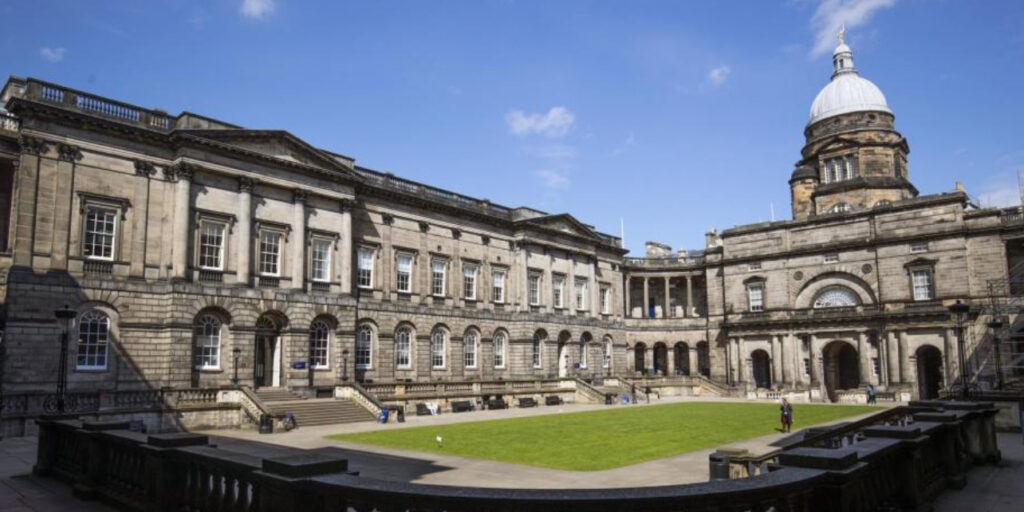Staff at the University of Edinburgh are facing a ballot on potential industrial action due to a contentious plan to cut £140 million from the university’s budget.
The Universities and Colleges Union (UCU) has highlighted that the university hasn’t dismissed the possibility of enforced redundancies, labelling these proposed cuts as the most severe in the annals of Scottish higher education.
The UCU has challenged the necessity of these cuts, pointing to the university’s substantial net assets exceeding £3 billion, asserting it as one of the wealthiest in the nation.
The union suggests that if reductions are indeed required, they should be managed through the use of reserves and curtailing capital spending.
The voting, concluding on May 20, will determine members’ readiness to engage in strikes or other forms of protest, such as adhering strictly to contract terms and declining extra duties. A preliminary consultative vote indicated strong support for action, with 75% in favour of striking and 85% supporting less severe measures.
Sophia Woodman, president of the UCU branch at the university, argued that the substantial financial cuts are unnecessary and represent a contrived crisis, considering the university’s stable financial standing.
She emphasised the importance of prioritising staff, students, and the academic mission of the university, cautioning that the planned reductions would not only undermine the institution’s future but also negatively affect the local economy and the city.
The controversy follows an announcement by university principal Professor Sir Peter Mathieson about necessary “radical university-wide actions” aimed at reducing staff numbers and operational costs.
Jo Grady, UCU general secretary, condemned these reductions as “academic vandalism,” underscoring the university’s esteemed status and long history.
The ballot’s launch coincides with the conclusion of a 15-day strike at the University of Dundee, where staff protested against job cuts. The UCU argued that while Dundee might have suffered from poor management, no similar financial justification exists for the cuts at Edinburgh.
In response, Professor Mathieson acknowledged the challenges and stressed ongoing discussions with trade unions and stakeholders.
He defended the need for fiscal adjustments to maintain the university’s future strength and its position as a leading global academic institution.
Mathieson called for continued dialogue to achieve a viable and sustainable resolution, ensuring the university’s ability to continue attracting top talent.


